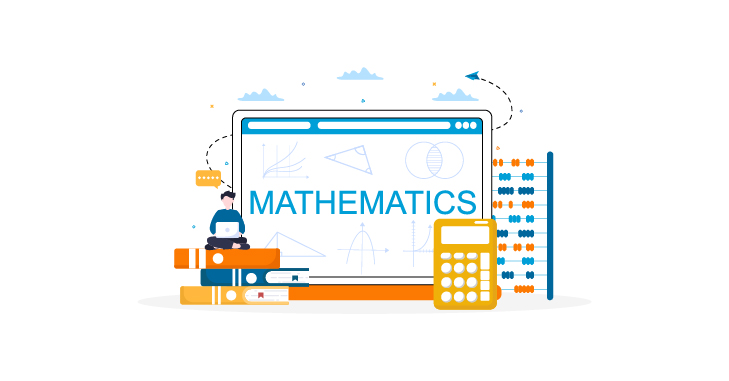Improve grading capabilities through Möbius advanced response areas

Introduction
In the wake of the COVID-19 pandemic, universities worldwide have shifted towards alternative Learning Management Systems (LMSs) for digital content delivery, predominantly through PDFs or PowerPoint files. However, the demands of STEM education, which encompasses disciplines such as mathematics, engineering, and the sciences, require specialized tools beyond what traditional LMSs offer. This whitepaper explores the necessity and benefits of Möbius, an advanced online learning platform, in addressing these specific needs.
Challenges with other online learning platforms
Traditional online learning platforms often struggle to meet the difficult demands of STEM education due to several limitations:
- Inability to Grade Mathematical Expressions: Most platforms are incapable of accurately grading complex mathematical expressions such as integrals, matrices, and differential equations. Due to this restriction, assessments are limited to multiple-choice questions, which are insufficient in determining student’s comprehension.
- Limited Response Area Options: Existing platforms typically offer basic response types like MCQs, lists, or true/false formats, which are insufficient for assessing deep conceptual understanding. These formats often lead to guessing the answer rather than genuine comprehension evaluation.
- Lack of Support for Open-Ended Questions: The absence of tools for grading open-ended questions, particularly in mathematics, is another barrier to effective learning that can take place outside of traditional classroom environments.
The Need for Advanced Response Areas in STEM Education
Advanced response areas can facilitate interactive and engaging learning experiences. By allowing students to input mathematical expressions or formulate detailed responses, these tools encourage active participation and deeper engagement with course materials. This active alternative learning approach is crucial for fostering a deeper understanding of STEM concepts and principles.
Improving Learning Outcomes with Möbius
Möbius is specifically designed to enhance STEM education by addressing these key challenges:
- Mathematical Expression Entry: Möbius provides a sophisticated editor that facilitates easy entry of mathematical expressions, crucial for disciplines where symbolic representation is fundamental.
- Automatic Grading Capabilities: Möbius incorporates a powerful mathematical engine capable of grading complex mathematical constructs automatically. This includes matrices, integrals, differential equations, and other advanced mathematical expressions.
- Flexibility with Open-Ended Questions: Unlike traditional platforms, Möbius supports open-ended questions by understanding and grading multiple responses, thereby promoting deeper learning and assessment of conceptual understanding.
- Increased Assessment Frequency: Möbius’s efficient grading system allows instructors to conduct more frequent assessments with reduced time investment, fostering continuous learning and feedback for students.
- Enhanced Engagement: By enabling sophisticated assessments and feedback mechanisms, Möbius enhances student engagement and encourages active learning.
- Scalability and Efficiency: The platform’s automated grading and flexible assessment capabilities make it scalable for institutions of varying sizes, ensuring efficiency without compromising educational quality.
Conclusion
In conclusion, Möbius represents a significant advancement in online learning for STEM education. By overcoming the limitations of traditional LMSs through its advanced response areas, Möbius not only facilitates better assessment but also promotes deeper conceptual understanding through open-ended questioning. As universities continue to adapt to digital learning environments post-COVID-19, Möbius stands out as a great tool in ensuring that STEM education maintains its high standards and continues to evolve with technological advancements.